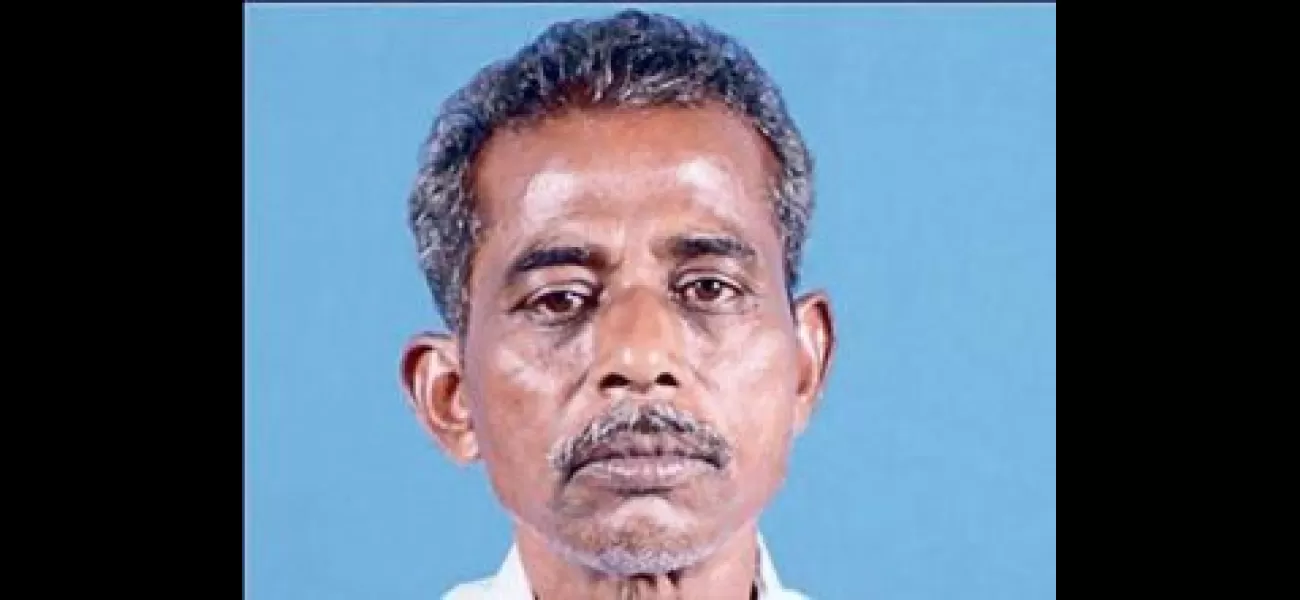Nearly three-fourths of newly elected MLAs in Odisha are millionaires.
A report reveals that 73% of newly elected Odisha MLAs are millionaires, with Sanatan Mahakud of BJD being the wealthiest with assets worth Rs 227.67 crore.
June 7th 2024.

The recently concluded Odisha Assembly elections have brought some interesting statistics to light. According to a report, a whopping 73% of the newly elected MLAs in the state are millionaires, with Sanatan Mahakud from the BJD party leading the pack as the richest legislator with assets worth Rs 227.67 crore. The total number of MLAs in the state stands at 147.
The report, which was compiled by the Odisha Election Watch and Association for Democratic Reforms, analyzed the self-sworn affidavits of all 147 elected MLA candidates. It revealed that in the 2024 elections, a staggering 73% of the winning candidates were millionaires, compared to 95 in the 2019 polls. Out of the 107 millionaire MLAs, 52 belong to the BJP, 43 to BJD, 9 to Congress, 1 to CPI, and 2 are independent candidates.
In terms of number of seats, the BJP emerged as the clear winner with 78 Assembly seats, followed by BJD with 51, Congress with 14, and 3 independent candidates. The CPI won one seat. However, a concerning fact revealed by the report is that out of the 147 winning candidates, 85 have declared criminal cases against themselves, with 67 of them facing serious charges.
Further analysis showed that 46 out of the 78 winning BJP MLAs and 12 out of the 51 winning BJD MLAs have serious criminal cases against them. The number stands at 5 for the 14 winning Congress MLAs, 1 for the CPI MLA, and 3 for the independent candidates.
When it comes to assets, the average wealth per winning candidate in the Odisha Assembly elections is Rs 7.37 crore, which is significantly higher than the average of Rs 4.41 crore in the 2019 elections. Topping the list is Sanatan Mahakud, MLA from Champua, with total assets worth Rs 227.67 crore, followed by BJD's Subasini Jena from Balasore with assets worth Rs 135.17 crore. On the other end of the spectrum, the three candidates with the lowest assets are BJP's Sanjali Murmu from Bangriposi, Congress' Mangu Khilla from Chitrakonda, and Congress' Pabitra Saunta from Lakshmipur.
In terms of education, 43 winning candidates have declared their qualification as Class V to XII pass, while 97 have graduate or higher degrees, and 7 have diploma qualifications. The winning candidates also represent a diverse age group, with 68 between the ages of 25 and 50, and 79 between 51 and 80.
One notable change from the 2019 elections is the decrease in the number of women MLAs from 13 to 11. This is a concerning trend that needs to be addressed in the future. These statistics bring to light the need for transparency and accountability in politics, as well as the importance of promoting a diverse and inclusive representation in government.
The report, which was compiled by the Odisha Election Watch and Association for Democratic Reforms, analyzed the self-sworn affidavits of all 147 elected MLA candidates. It revealed that in the 2024 elections, a staggering 73% of the winning candidates were millionaires, compared to 95 in the 2019 polls. Out of the 107 millionaire MLAs, 52 belong to the BJP, 43 to BJD, 9 to Congress, 1 to CPI, and 2 are independent candidates.
In terms of number of seats, the BJP emerged as the clear winner with 78 Assembly seats, followed by BJD with 51, Congress with 14, and 3 independent candidates. The CPI won one seat. However, a concerning fact revealed by the report is that out of the 147 winning candidates, 85 have declared criminal cases against themselves, with 67 of them facing serious charges.
Further analysis showed that 46 out of the 78 winning BJP MLAs and 12 out of the 51 winning BJD MLAs have serious criminal cases against them. The number stands at 5 for the 14 winning Congress MLAs, 1 for the CPI MLA, and 3 for the independent candidates.
When it comes to assets, the average wealth per winning candidate in the Odisha Assembly elections is Rs 7.37 crore, which is significantly higher than the average of Rs 4.41 crore in the 2019 elections. Topping the list is Sanatan Mahakud, MLA from Champua, with total assets worth Rs 227.67 crore, followed by BJD's Subasini Jena from Balasore with assets worth Rs 135.17 crore. On the other end of the spectrum, the three candidates with the lowest assets are BJP's Sanjali Murmu from Bangriposi, Congress' Mangu Khilla from Chitrakonda, and Congress' Pabitra Saunta from Lakshmipur.
In terms of education, 43 winning candidates have declared their qualification as Class V to XII pass, while 97 have graduate or higher degrees, and 7 have diploma qualifications. The winning candidates also represent a diverse age group, with 68 between the ages of 25 and 50, and 79 between 51 and 80.
One notable change from the 2019 elections is the decrease in the number of women MLAs from 13 to 11. This is a concerning trend that needs to be addressed in the future. These statistics bring to light the need for transparency and accountability in politics, as well as the importance of promoting a diverse and inclusive representation in government.
[This article has been trending online recently and has been generated with AI. Your feed is customized.]
[Generative AI is experimental.]
0
0
Submit Comment




